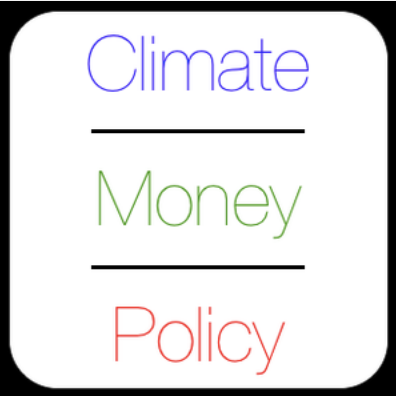The Barclays downgrade of the entire electric utility sector is good news for everyone.
/200,000 miles that's the amount of high-voltage lines criss-crossing the United States. This isn't the whole grid mind you, this is just the wires that run from the power plants to local electric companies.
$64.2 Billion the amount of money which members of the Edison Electric Institute plan on spending between 2012 and 2016 to expand and improve their sections of that 200,000 mile mess. That's a staggering amount of money. In fact the annual capital budget for all the members of the EEI combined is in excess of $85 Billion.
<25 years That's how long it took cell phones to essentially kill the land line business in phones, a trend that is being followed in the energy business by solar.
This May Barclays downgraded their evaluation of an entire sector that deals with the utility grid and they did so because of numbers like the ones above. What those numbers essentially say is that the utility grid is massive (technically it's the largest machine in the world), fragile, expensive to operate and quickly being cannibalized by younger, more cost effective technologies(ie. on-site power generation especially solar PV).
Why is this good?
Face it the old system is terrible. Consider how people would respond if any other service routinely failed when you needed it the most. Imagine cars that failed when directed to the hospital or plumbing that stubbornly ceased delivering water on holidays. These are ridiculous ideas but that's the level of service we get from the utility grid. Things break at precisely the wrong times - the hottest days, the coldest nights and during natural disasters. If the grid wasn't a natural monopoly you'd expect innovation to step in and sort this out under normal market forces but we haven't seen any of that. There's simply no incentive to improve.
Lots of thrashing- The old model is breaking down and instead what we're going to see over the next decade is good for investors and customers but in the near term it's going to be messy. In essence what we're seeing is a hundred year old monopoly system being rapidly introduced to a market culture. This is a change they had every ability to see coming but chose to ignore. The business world should be overjoyed that competition has returned to an isolated part of the marketplace.
Smarter, Stronger, Safer- The next version of the grid will be an adaptive, thinking machine. A fire burns down a switching station and creates a power outage? No problem, wall off that building from the rest of the grid and reroute. Distributed solar cells will make peak summer hours the least stressful part of the year. An adaptive grid will be able to source power from the batteries of electric cars effectively moving the power plant to wherever you go to work. Hurricane submerged a transformer? No problem shut it down and reroute. Spike in gas prices? No problem, we don't really need that power plant right now.
Mind-blowing efficiency- It may seem odd for a system literally built from electricity but the whole thing is "dumb" right now. Data collection on a "smart" grid means that it can advance, adapt and improve at the same rate as any other information technology. A version of Moore's law will start to dictate how we scale efficiency. Buildings will sip energy that they now guzzle and we'll all get access to the kind of data that can provide immense opportunity for the business world. Better data empowers decision making and right now we have almost none. Not so for tomorrow.
Lots of Innovation- The promise of a "smart-grid", greater efficiency, greater stability; for all of this to happen there's going to have to be a lot of innovation. Lots of technologies will need to be invented. Everything from different kinds of tools for linemen to custom IT platforms that can be scaled up or down by a host of different kinds of users. That means jobs, growth, GDP and of course lots of deals and M&A activity.
So what's bad for bonds in the utility sector today is good for everyone else very soon. This isn't a terminal diagnosis it's a birth announcement.


